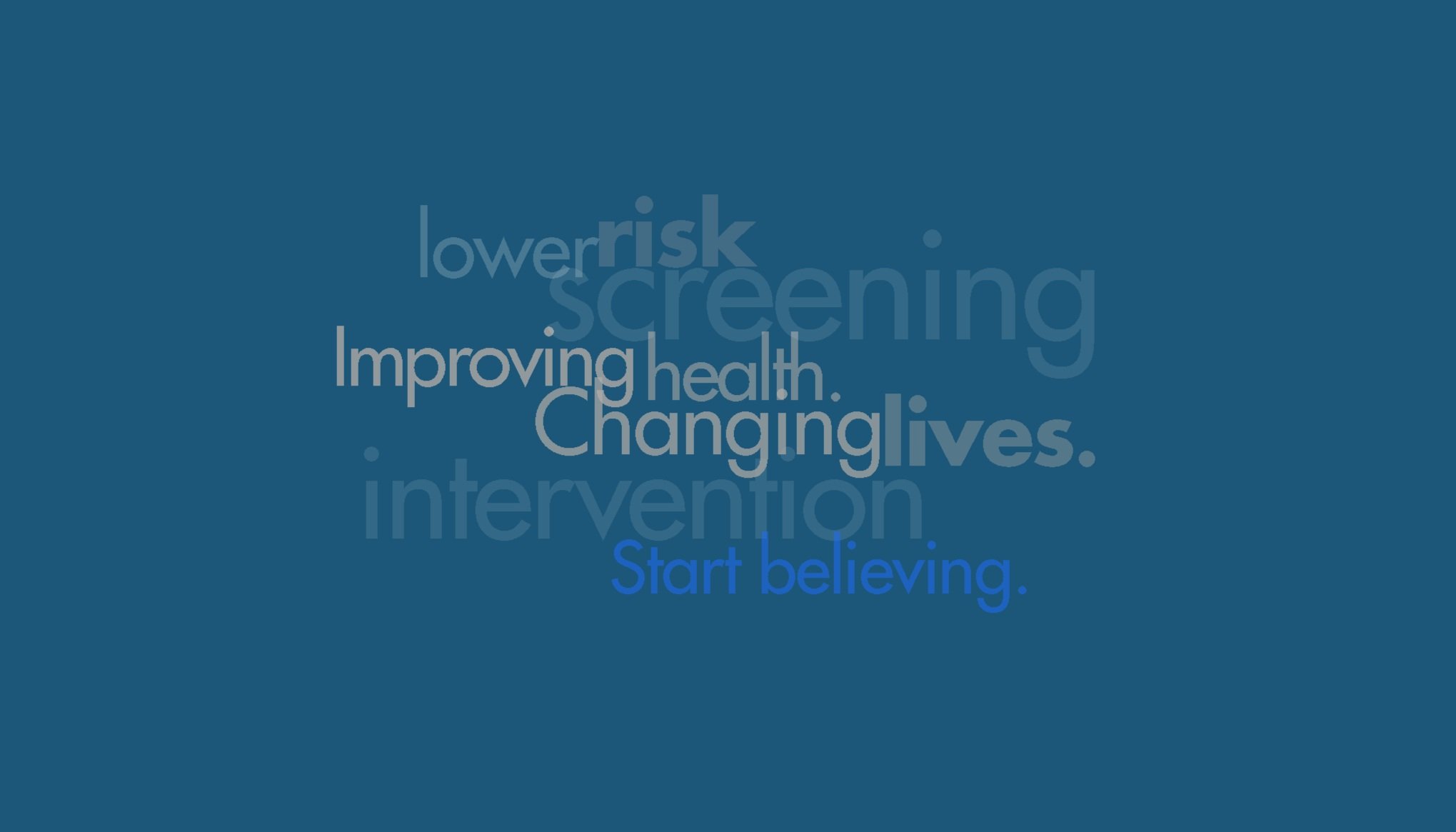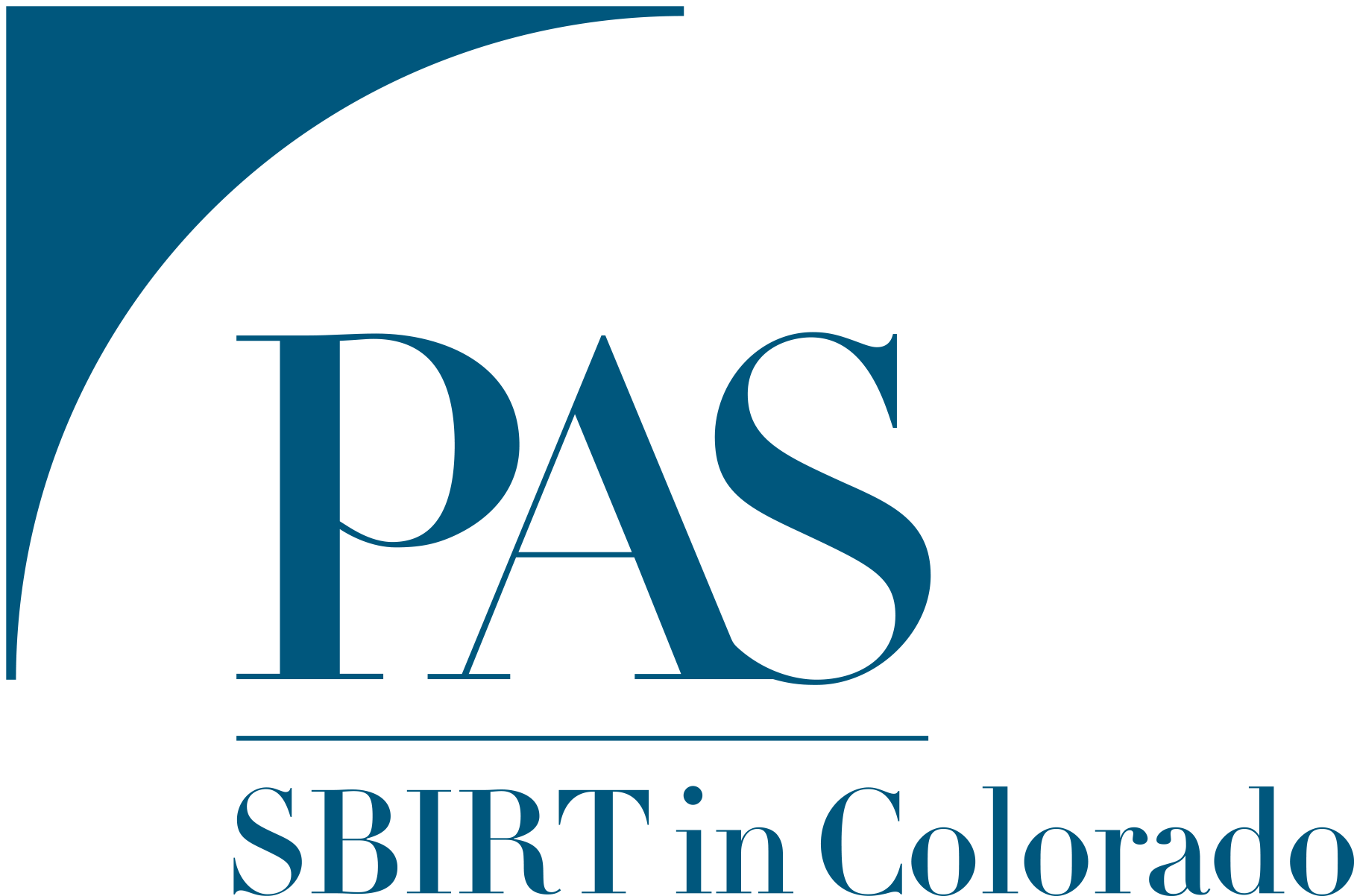
SBIRT in Colorado
Connecting health and substance use
SBIRT in Colorado, a program of Peer Assistance Services, promotes the practice of Screening, Brief Intervention, and Referral to Treatment throughout Colorado. Brief screening identifies unhealthy alcohol or other substance use and facilitates meaningful conversations between healthcare professionals and patients. Brief advice from a trusted provider has been shown to motivate individuals to change their substance use which can help prevent future health problems. When healthcare professionals use SBIRT it demonstrates a commitment to patient-centered care and sends a message that substance use screening is simply a part of overall health care.
What is SBIRT?
SBIRT is an evidence-based prevention and early intervention practice that helps identify, prevent and reduce unhealthy alcohol and other substance use in adults and adolescents. The CDC, U.S. Preventive Services Task Force, American Academy of Pediatrics, SAMHSA, and the Veterans Administration recommend screening and brief intervention as a standard practice. When combined with community-level prevention strategies, SBIRT prevents disease, injury, and other consequences of substance use in individuals, families, and communities.
SBIRT in Colorado offers resources to promote SBIRT implementation and conversations about substance use, including training and technical assistance.
View videos demonstrating SBIRT delivery
Established in January 2019 by a diverse group of SBIRT leaders, the SBIRT Advisory Council is associated with the Colorado Office of the Attorney General as a subcommittee for the Colorado Substance Abuse Trend and Response Task Force. The SATF is chaired by the Colorado Attorney General and operates through the Office of Community Engagement. The SBIRT Advisory Council provides quarterly updates to the SATF on topics associated with policies and practices related to the prevention and early intervention of substance use. Visit the SBIRT Advisory Council website to learn more.

Understanding women’s health and alcohol
The Women’s Health & Alcohol app educates users on how alcohol affects their physical, mental, and social well-being by interacting with a virtual nurse practitioner, Maria. Women experience alcohol-related problems at lower drinking levels than men. Drinking even less than one drink per day increases the risk for breast cancer. Understanding the effects of alcohol use can motivate an individual to make changes and lessen the likelihood of adverse health consequences.

Substance use and mental health self-screens
Answering a few short questions about substance use, and recent emotions and mood is a quick way to determine how substance use or mental health challenges may be affecting you. Substance use increases the risk for health problems such as high blood pressure, heart disease, dementia, depression, and cancer. Substance use and mental health issues can also affect a person’s relationships, family life, school, and work. Anonymous, confidential self-screenings help identify these issues early so that you can get the support you need to take charge of your health.

Start a conversation for healthy choices
Talking with those around us about alcohol and other substances can reduce negative health consequences, improve family and work life, and promote overall well-being. One Degree: Shift the Influence encourages positive, meaningful conversations using a training simulation. The practice conversation takes about 15 minutes and can be started and stopped as needed. For more information, visit One Degree | Shift the Influence.

Peer Assistance Services
Our mission: Leading with prevention and intervention for substance use and mental health concerns
Since 1984 Peer Assistance Services has provided evidence-based care throughout Colorado communities and healthcare professions where substance use and mental health challenges remain. There is an ever-increasing need for awareness of how prevention and early intervention make a difference in individuals' health and wellbeing. Witnessing the lasting effects of the COVID-19 pandemic has made this even more clear. Building on our experience, adopting current proven approaches, and with a dedicated, skilled staff, we continue to promote prevention and early intervention programs.


